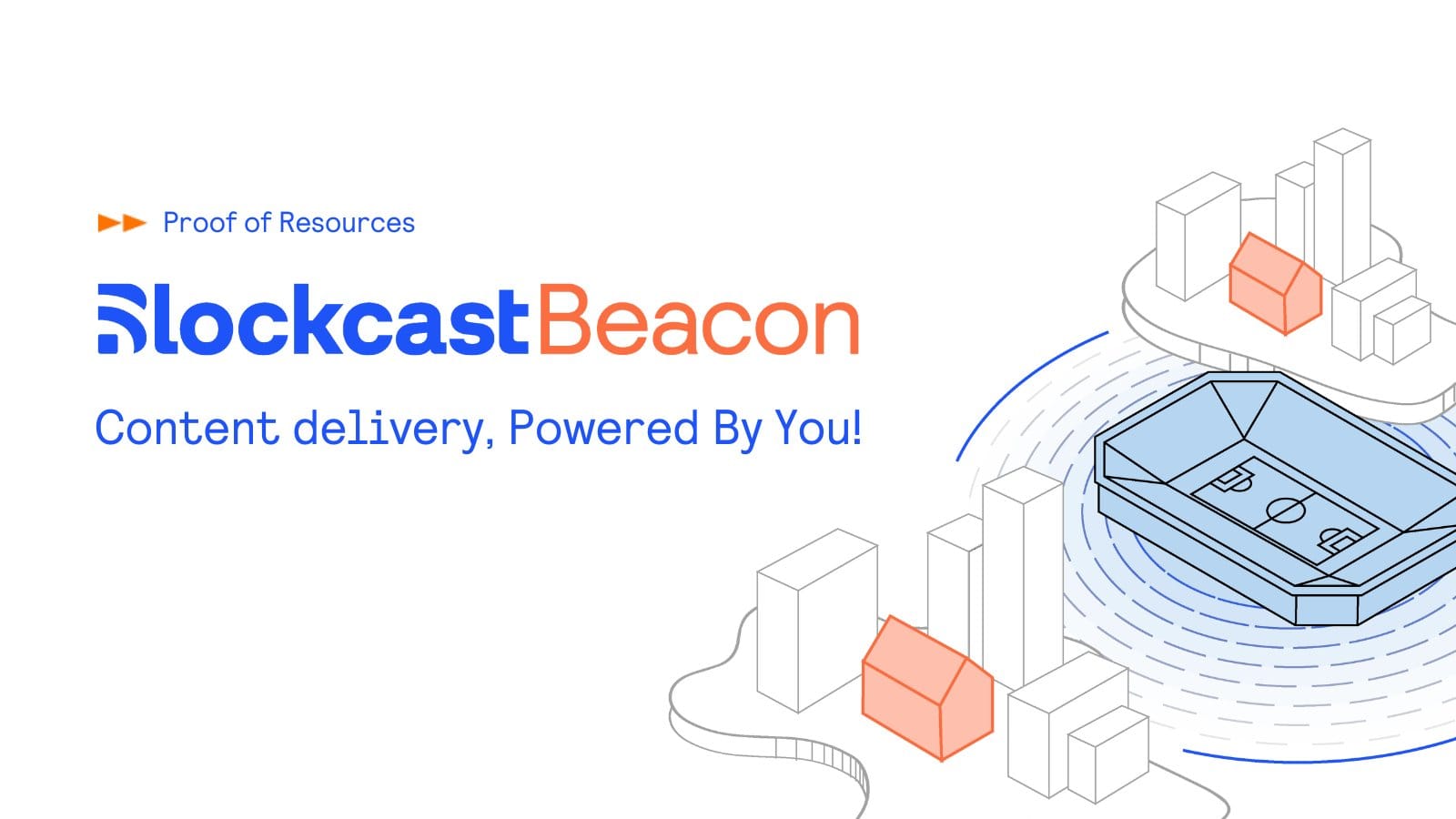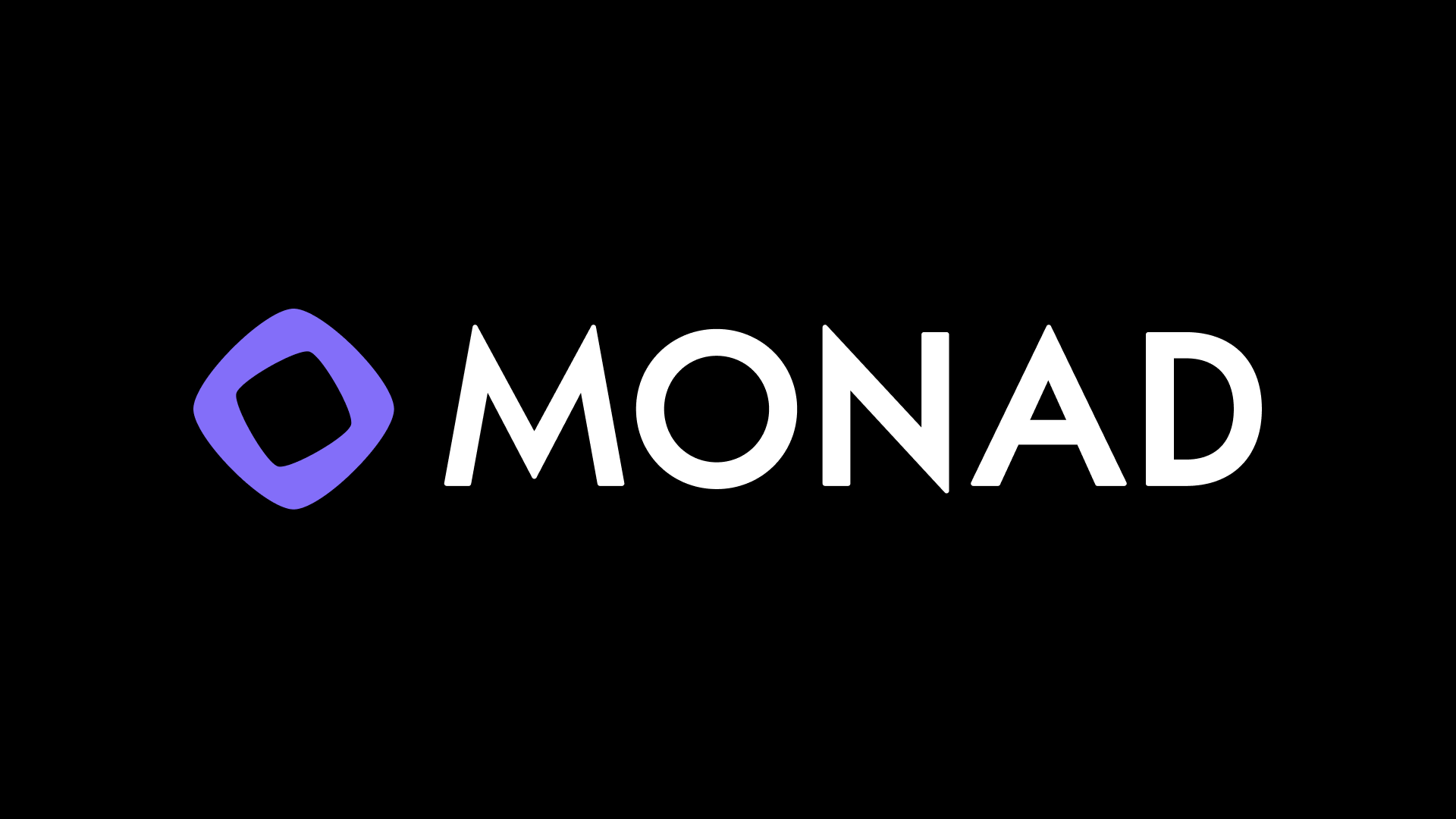Blockcast: Accelerating the Internet, Connecting the World
Posted on June 2, 2025 by Admin

What is Blockcast?
Blockcast is a next-generation Content Delivery Network (CDN) that uses multicast technology to address bandwidth challenges in the era of booming streaming. Born at UC Berkeley, the project aims to build a decentralized network that leverages community power to deliver high-quality content like 4K and 8K globally while slashing costs for providers.
With the slogan "Content Delivery, Powered By You!", Blockcast is not just a technology but an ecosystem where anyone can participate and profit.
The Internet’s Challenges Today
The internet faces a critical issue: skyrocketing bandwidth demand. Statistics show 80% of internet traffic comes from video streaming, from Netflix to live sports. However, the traditional unicast model—where each viewer gets a separate data stream—wastes significant bandwidth.
For instance, when 1 million people watch a World Cup final, the system sends 1 million identical streams, clogging networks. In rural areas, weak infrastructure makes streaming 4K nearly impossible.
Blockcast steps in to solve this, using multicast technology to send one data stream to multiple users, saving bandwidth and reducing costs.
How Blockcast Works
Blockcast builds a content delivery network based on three key pillars:
1. Multicast Adaptive HTTP Proxy (MAHP)
MAHP is the heart of Blockcast, enabling deployment on devices from data centers to home smart TVs. This technology delivers content efficiently by sending a single stream to multiple users, replacing millions of individual streams.
2. Blockbox: Everyone Can Join
Blockbox is software or a caching device that lets you become a node in the Blockcast network. By participating, you can:
- Store content locally (e.g., videos, game updates).
- Share content with your neighborhood or community.
- Earn Blockcash—a Web3 token—as a reward.
For example, install a Blockbox at home, cache a World Cup match, and share it with your neighborhood for smooth 4K streaming while earning income.
3. Open Capacity Marketplace (OCM)
Launching in April 2025, OCM is an open marketplace where content providers (e.g., Netflix, gaming studios) can buy bandwidth from:
- Internet service providers (ISPs).
- Broadcasters using ATSC 3.0, 5G, or satellite.
- Individual nodes running Blockbox.
OCM uses the Open Caching standard, ensuring transparency and compatibility with existing CDN systems.
Benefits of Blockcast
Blockcast delivers value to all stakeholders:
- Content Providers: Slash delivery costs by 80-90%, enabling 4K/8K content without price hikes.
- ISPs and Broadcasters: Monetize unused bandwidth for new revenue without heavy investments.
- Individual Users: Enjoy better streaming, especially in rural areas, with faster speeds and stable quality. Node operators also earn tokens.
- Global Community: Bridges the digital divide, bringing high-quality content to every corner of the world.
Achievements and Future Plans
Blockcast has made significant strides:
- Funding: Secured $2.85 million from Lattice Fund and Protocol Labs in 2024.
- Proven Roots: Evolved from the Magma project, acquired by Facebook and used in Helium 5G.
- Industry Collaboration: Member of the Streaming Video Technology Alliance (SVTA), contributing to Open Caching standards.
Future Roadmap:
- January 2025: Phased rollout of RELAY nodes.
- April 2025: Launch of the Open Capacity Marketplace at NAB Las Vegas.
- Continued expansion of the node network and partnerships with global ISPs and broadcasters.
What Makes Blockcast Special?
- Cutting-Edge Technology: Multicast saves bandwidth, outperforming traditional unicast.
- Community-Driven Model: Open to individuals and businesses, fostering a decentralized network.
- Seamless Integration: Supports industry standards for compatibility with existing CDNs.
- Big Vision: Connects the world, delivering high-quality content everywhere.
Challenges Ahead
Despite its potential, Blockcast faces challenges:
- Fierce Competition: Giants like Akamai and Cloudflare dominate the CDN market.
- Network Scale: Needs enough nodes to ensure efficiency.
- Security: Managing individual nodes requires robust data protection mechanisms.
- Technology Adoption: Convincing ISPs and content providers to adopt multicast technology.
Conclusion
Blockcast is more than a CDN—it’s a revolution in how content is delivered online. By leveraging multicast technology and community power, it reduces costs and enhances user experiences worldwide. With a clear roadmap and backing from reputable investors, Blockcast is poised to be a game-changer in the streaming industry.
Join the Blockcast network, become a node, and help build the future of the internet!
Learn more at: Blockcast Network
Top post

Blockcast: Accelerating the Internet, Connecting the World
What is Blockcast? Blockcast is a next-generation Content Delivery Network (CDN) that uses multicast technology to address bandwidth challenges in the era of booming streaming. Born at UC Berkeley, the project aims to build a decentralized network that leverages community power to deliver high-quality content like 4K and 8K globally while slashing costs for providers. With the slogan "Content Delivery, Powered By You!", Blockcast is not just a technology but an ecosystem where anyone can parti
June 2, 2025

Analysis of Nockchain: A ZK-Proof-of-Work Blockchain
Introduction to Nockchain In the fast-evolving world of blockchain, Nockchain emerges as a unique project aiming to revolutionize decentralized computing. Founded in 2023 in Berlin, Germany, Nockchain is a high-throughput blockchain leveraging a Zero-Knowledge Virtual Machine (ZKVM) and a novel ZK-Proof-of-Work (ZKPoW) consensus mechanism. With its native token, $NOCK, and a promise of a fair launch, Nockchain has sparked interest in the Web3 community. However, controversies at its mainnet lau
May 29, 2025

Monad: The Future of Layer 1 Blockchain with Unparalleled Performance
As the blockchain industry continues to evolve, Monad emerges as a promising Layer 1 (L1) blockchain, delivering exceptional performance and scalability. Aiming for 10,000 transactions per second (TPS), a block time of just 0.5 seconds, and full compatibility with the Ethereum Virtual Machine (EVM), Monad is capturing the attention of developers and users alike. Let’s dive into the details of this groundbreaking project and discover how you can get involved today! What is Monad? Monad is a La
May 12, 2025

Drosera Network: Revolutionizing DeFi Security and How to Run a Node
Decentralized Finance (DeFi) has transformed the financial landscape, but with great innovation comes great risk. Since 2014, DeFi protocols have lost nearly $80 billion to exploits, highlighting the urgent need for robust security solutions. Enter Drosera Network, a decentralized security protocol built on Ethereum that aims to safeguard DeFi ecosystems through automated threat detection and response. In this article, we’ll dive deep into what Drosera Network is, why it matters, and provide a s
April 20, 2025

Gensyn: Revolutionizing AI Compute and Guide to Running a Node
Introduction to the Gensyn Project Gensyn is a decentralized Machine Learning Compute Protocol designed to connect global computing resources into a supercluster tailored for artificial intelligence (AI). Developed by a UK-based team, Gensyn aims to reduce the costs of training AI models, increase accessibility for researchers, engineers, and academics, and ensure transparency and censorship resistance through blockchain technology. Goals and Vision * Cost Reduction: Gensyn claims it can cu
April 14, 2025

Pipe Network: The Future of Decentralized CDN and Opportunities from the Node DevNet 2 Program
In the digital era, where the speed of content delivery is a critical factor, content delivery networks (CDNs) have become indispensable in ensuring a seamless user experience. However, giants like Cloudflare and Akamai, while powerful, remain constrained by their traditional centralized models. Enter Pipe Network—a decentralized CDN built on the Solana blockchain—emerging as a fresh contender promising to revolutionize how we approach content distribution. Notably, its current Node DevNet 2 pro
March 18, 2025